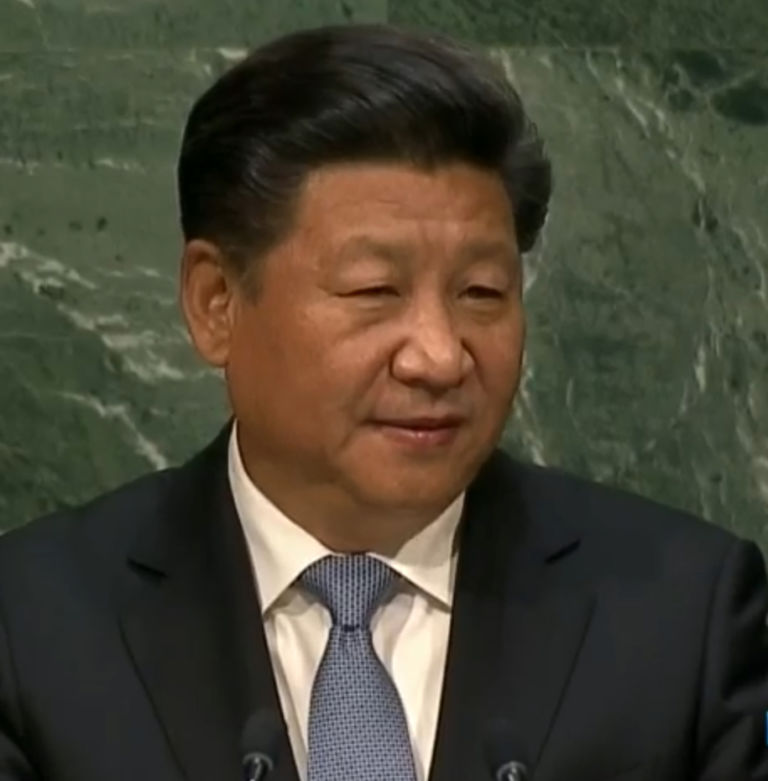Natalie Johnson of the Washington Free Beacon details concerns about the American government’s current approach toward counterterrorism.
The U.S. counterterrorism strategy has not kept pace with the ever-evolving threat of jihadi extremism, yielding short-lived military victories against terrorists at the potential cost of losing the broader war, according to a new study.
Despite the constantly morphing nature of Islamist extremism, the U.S. approach to defeating groups like al Qaeda and the Islamic States has changed little from that established in the aftermath of the Sept. 11, 2001 terrorist attacks, the American Enterprise Institute found in a report released this week.
“The U.S. approach to countering the Salafi-jihadi base has yielded fleeting results because the foundational understanding of the enemy is wrong,” the report said. “Military victories against groups such as al Qaeda in Iraq certainly eliminated the terrorist threat to the United States from that group for a time, but have proved insufficient to prevent the return of a threat.”
Katherine Zimmerman, an AEI research fellow and author of the report, said the “crack in the foundation” of American counterterrorism strategy is the “oversimplification of the enemy into a series of discrete groups.” She said U.S. policy largely ignores the fact that Islamist extremists do not exist primarily to attack America or Europe, but to replace the governance systems of Muslim-majority countries with their hardline vision of governance and Islam.


